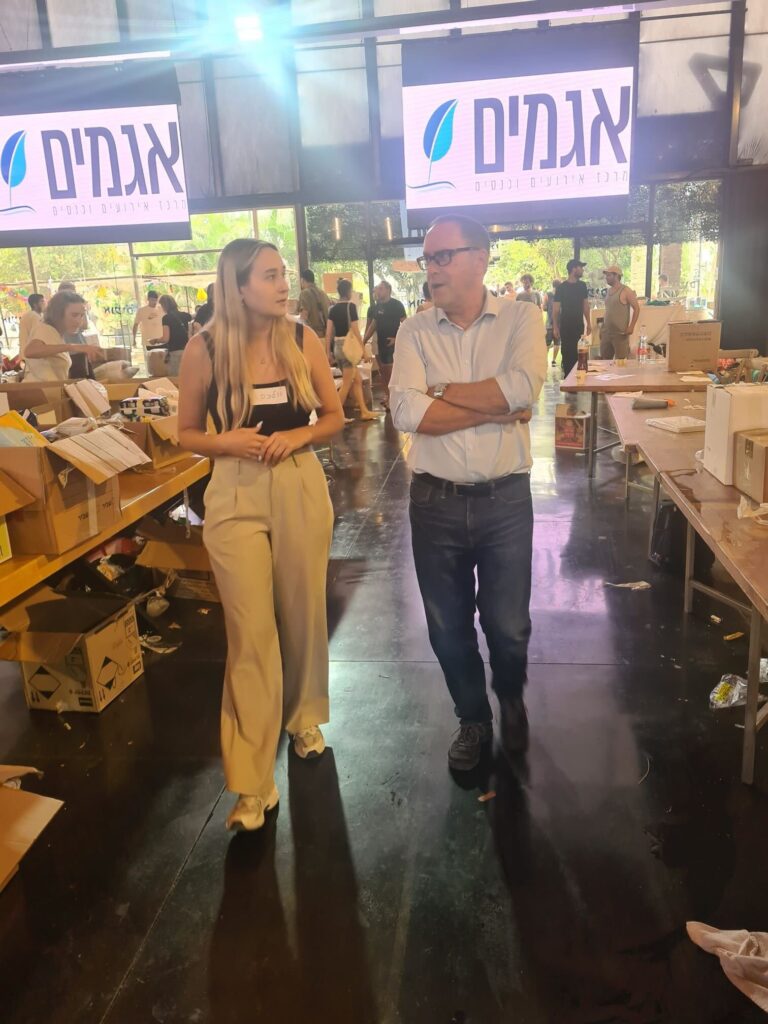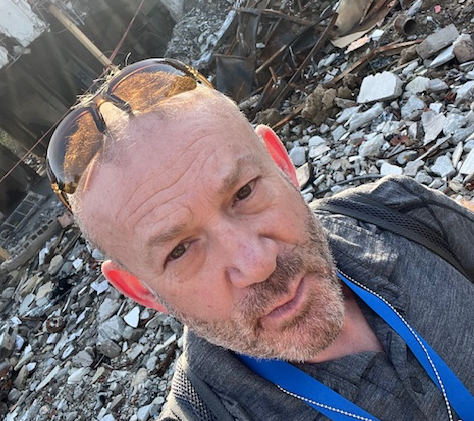
Environmental Scientist Awarded $650,000 German-Israeli Research Grant
Environmental Scientist Awarded $650,000 German-Israeli Research Grant
January 31, 2012
NEW YORK, January 31, 2012 – A team of researchers, including Ben-Gurion University of the Negev’s (BGU) Dr. Sigal Abramovich, a senior lecturer in the Department of Geological and Environmental Sciences, was recently awarded a three-year grant of 500,000€ (approximately $650,000) from the German Federal Ministry of Education and Research and the Israeli Ministry of Science and Technology.
The research will include an ecological survey, characterization of the genetic diversity, and temperature manipulation experiments on Israel’s northern Mediterranean coast. The results could be directly applied to identifying factors that help species survive under increasing temperatures, and facilitate predictions on the possible fate of species and species interactions in a warmer world.
The research team will focus on the impact of climate changes on coastal environments to explore the effect of warming on foraminifera, shell-building marine unicellular organisms. These abundant creatures inhabit almost all types of marine environments and are known to be highly sensitive to environmental conditions, and therefore serve as an ideal model system for biomonitoring and for other paleoceanographic studies.
Over the past several decades, public and scientific awareness to ongoing global warming has increased significantly. A currently accepted forecast for the next two decades is that ocean temperatures will rise at a rate of 0.2° C per decade.
Over the past 44 years, a temperature increase of 1.28° C has been recorded in the Mediterranean Sea, most of which has occurred since the 1980s. The rate of warming in the Mediterranean Sea is 0.067° C per year, more than double the global forecasts. The ecological and biological impact of this process is an urgent issue that calls for immediate attention.
The research benefits from the unique natural experimental laboratory of the Hadera (a four-mile city on the Mediterranean coast south of Haifa) power plant heat plume, which has during the last 25 years locally raised shallow water temperatures on the coast by about 10° C on top of the natural temperature variability of the eastern Mediterranean basin.
ABOUT AMERICANS FOR BEN-GURION UNIVERSITY
By supporting a world-class academic institution that not only nurtures the Negev, but also shares its expertise locally and globally, Americans for Ben-Gurion University engages a community of Americans who are committed to improving the world. David Ben-Gurion envisioned that Israel’s future would be forged in the Negev. The cutting-edge research carried out at Ben-Gurion University drives that vision by sustaining a desert Silicon Valley, with the “Stanford of the Negev” at its center. The Americans for Ben-Gurion University movement supports a 21st century unifying vision for Israel by rallying around BGU’s remarkable work and role as an apolitical beacon of light in the Negev desert.
About Ben-Gurion University of the Negev
Ben-Gurion University of the Negev embraces the endless potential we have as individuals and as a commonality to adapt and to thrive in changing environments. Inspired by our location in the desert, we aim to discover, to create, and to develop solutions to dynamic challenges, to pose questions that have yet to be asked, and to push beyond the boundaries of the commonly accepted and possible.
We are proud to be a central force for inclusion, diversity and innovation in Israel, and we strive to extend the Negev’s potential and our entrepreneurial spirit throughout the world. For example, the multi-disciplinary School for Sustainability and Climate Change at BGU leverages over 50 years of expertise on living and thriving in the desert into scalable solutions for people everywhere.
BGU at a glance:
20,000 students | 800 senior faculty | 3 campuses | 6 faculties: humanities & social sciences, health sciences, engineering sciences, natural sciences, business & management, and desert research.
For all press inquiries, please contact:
James Fattal, J Cubed Communications
516.289.1496



